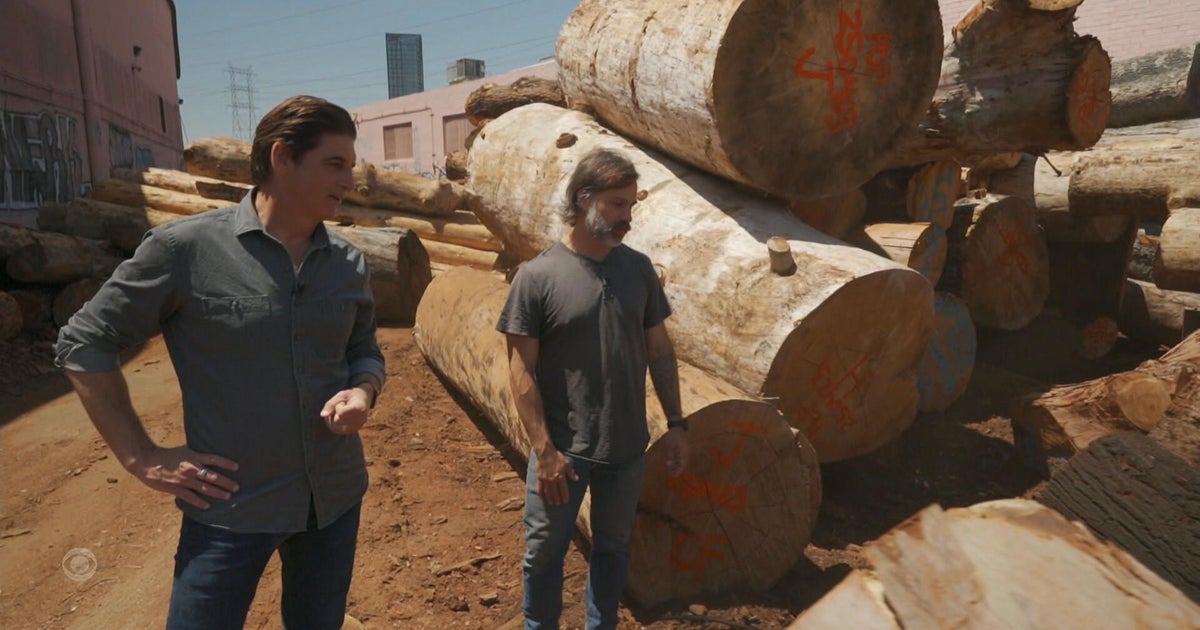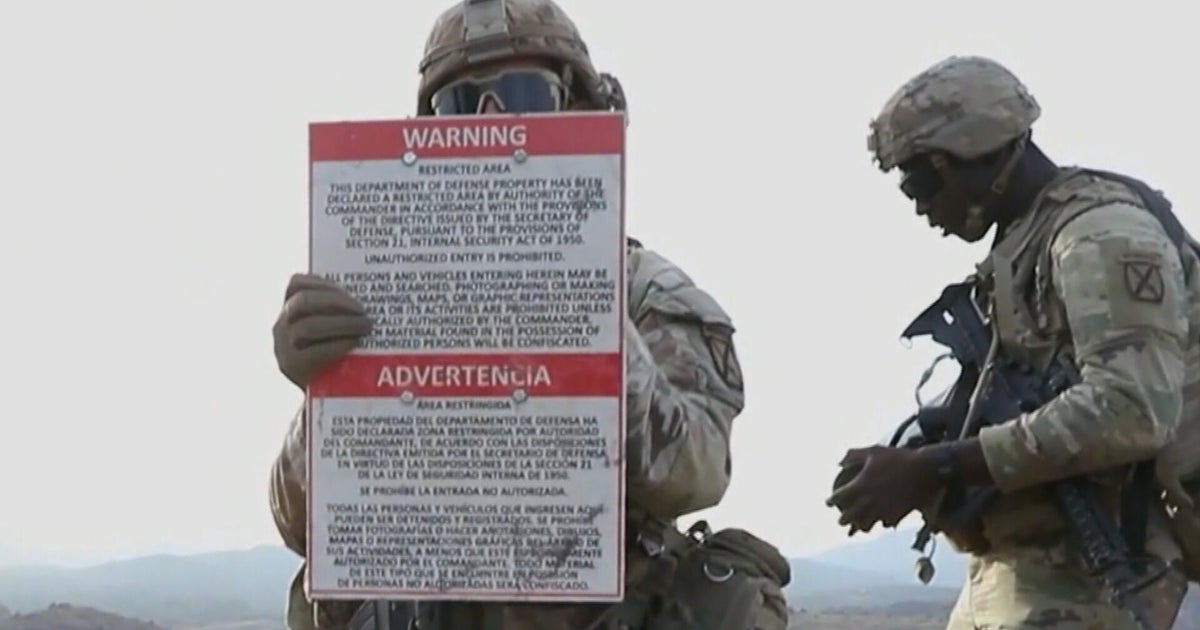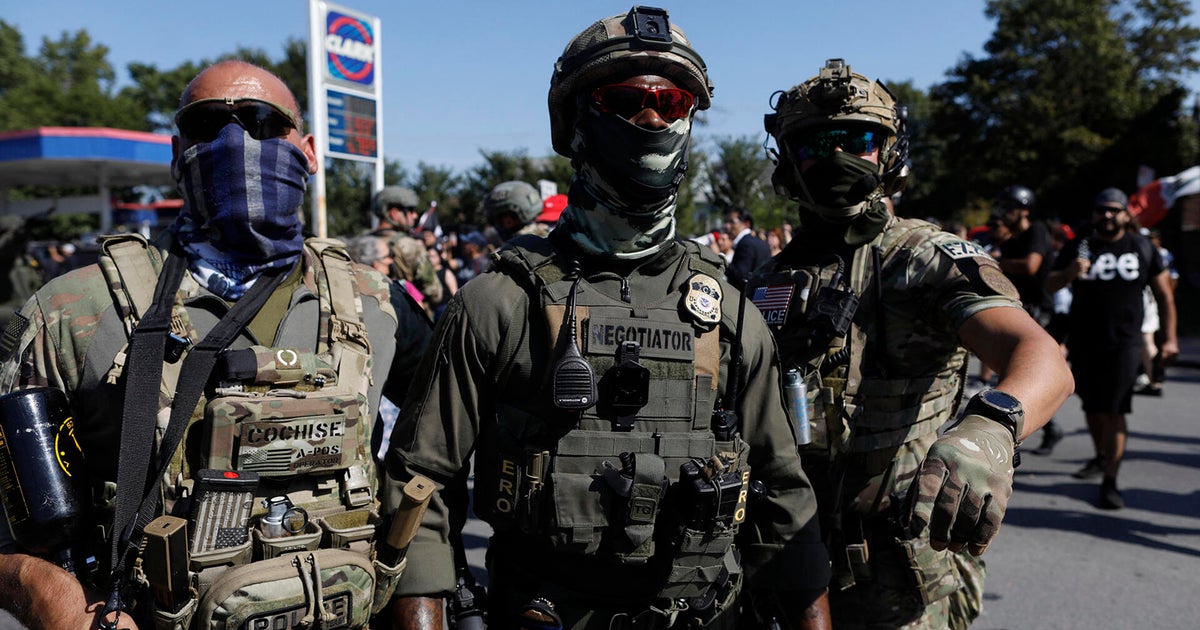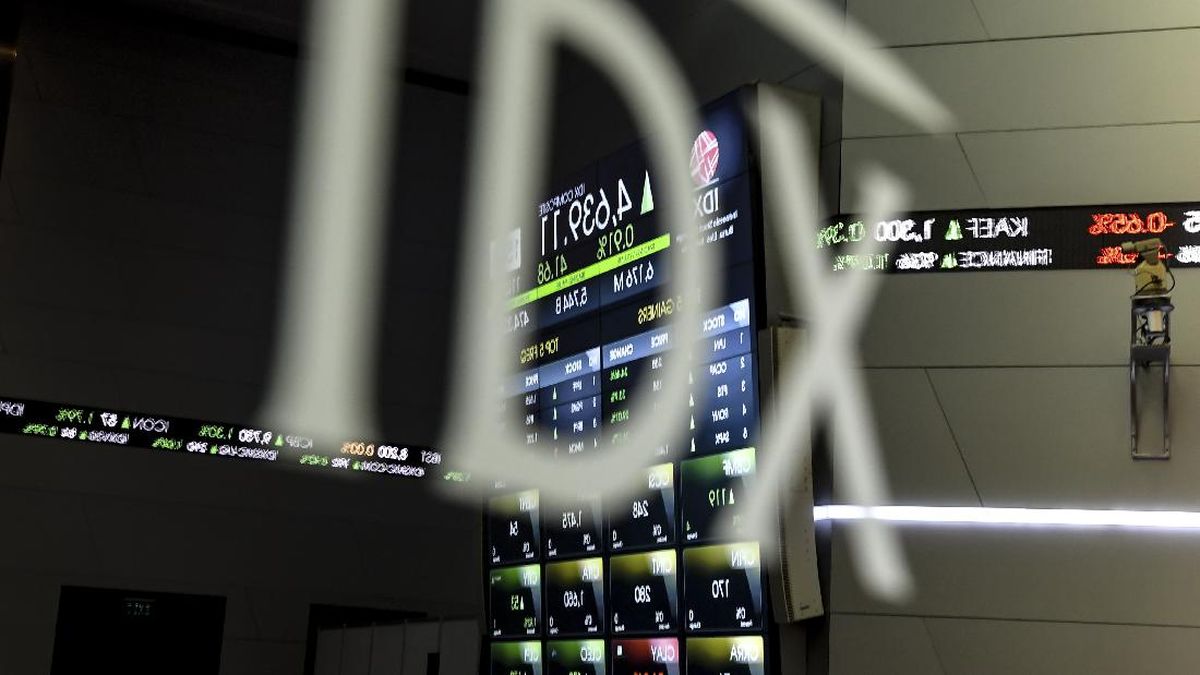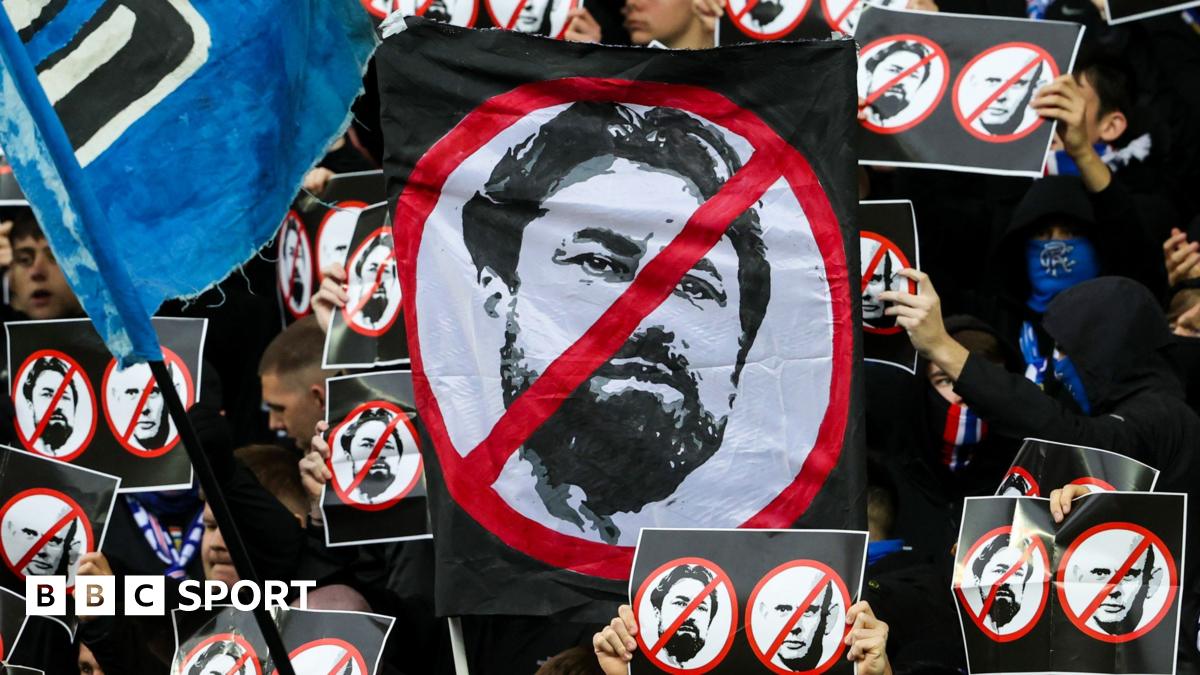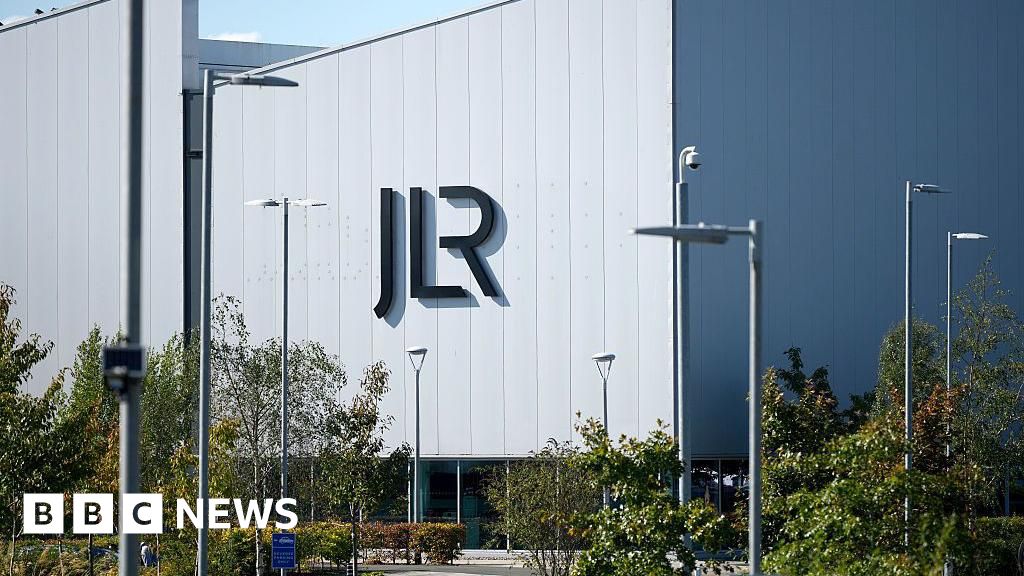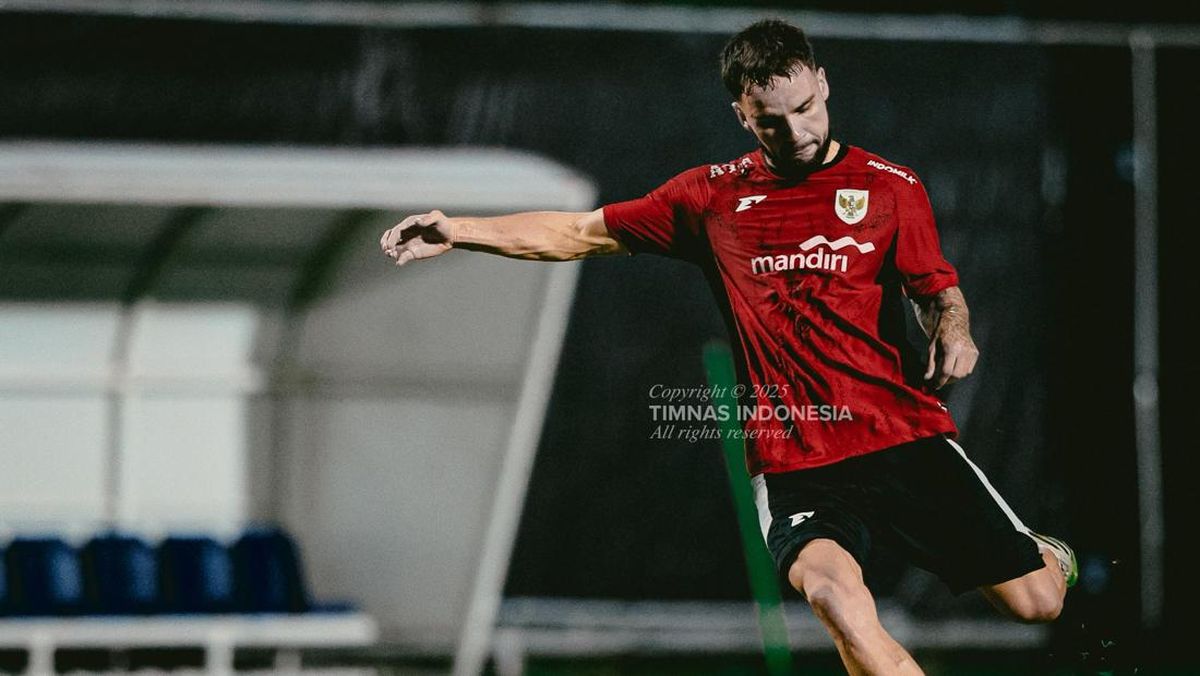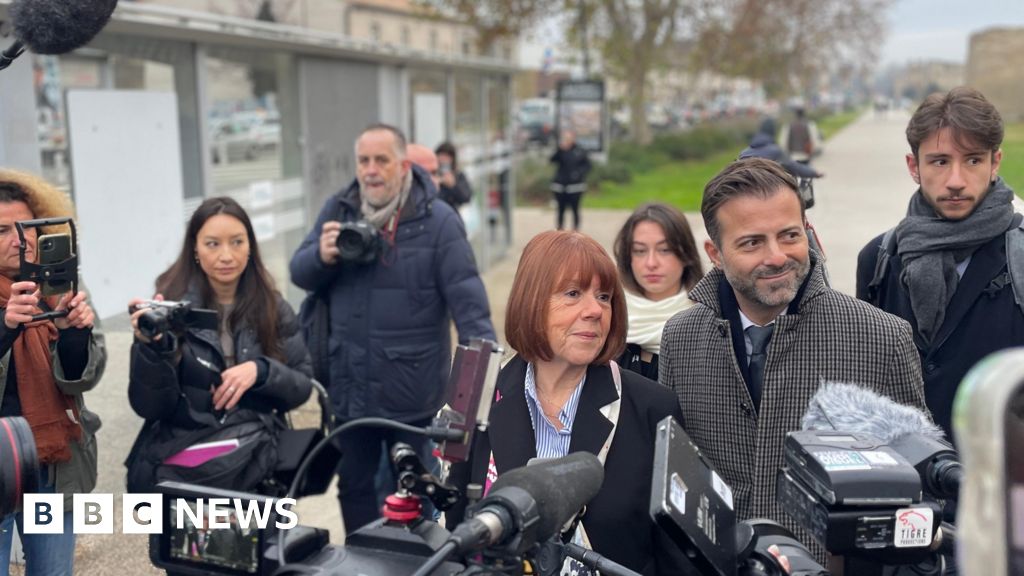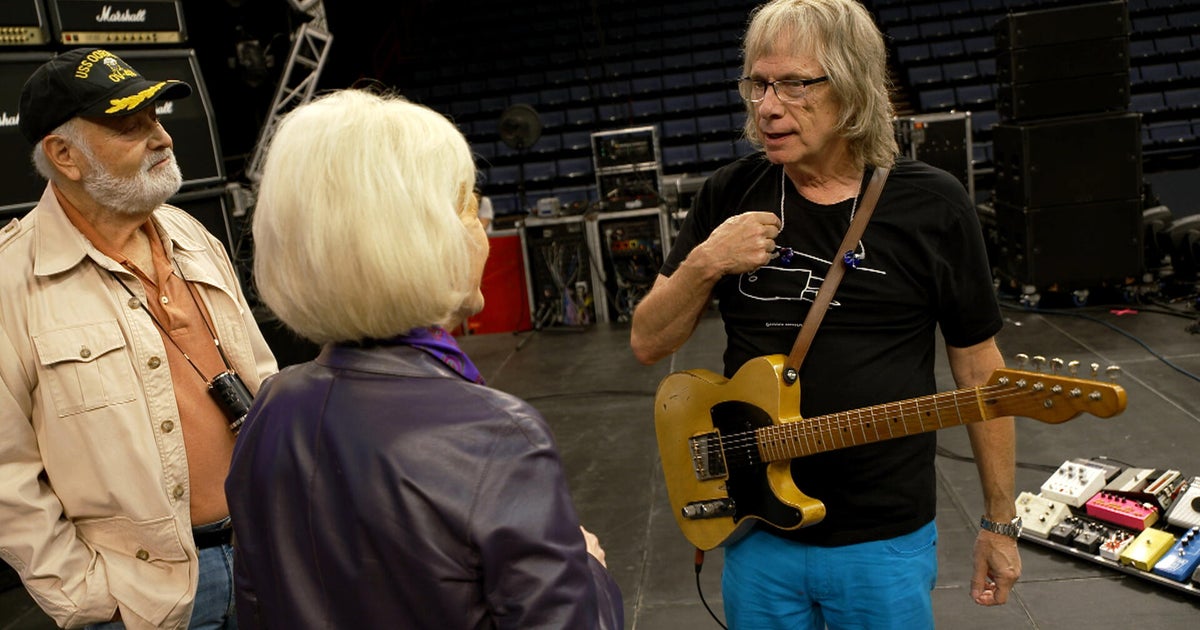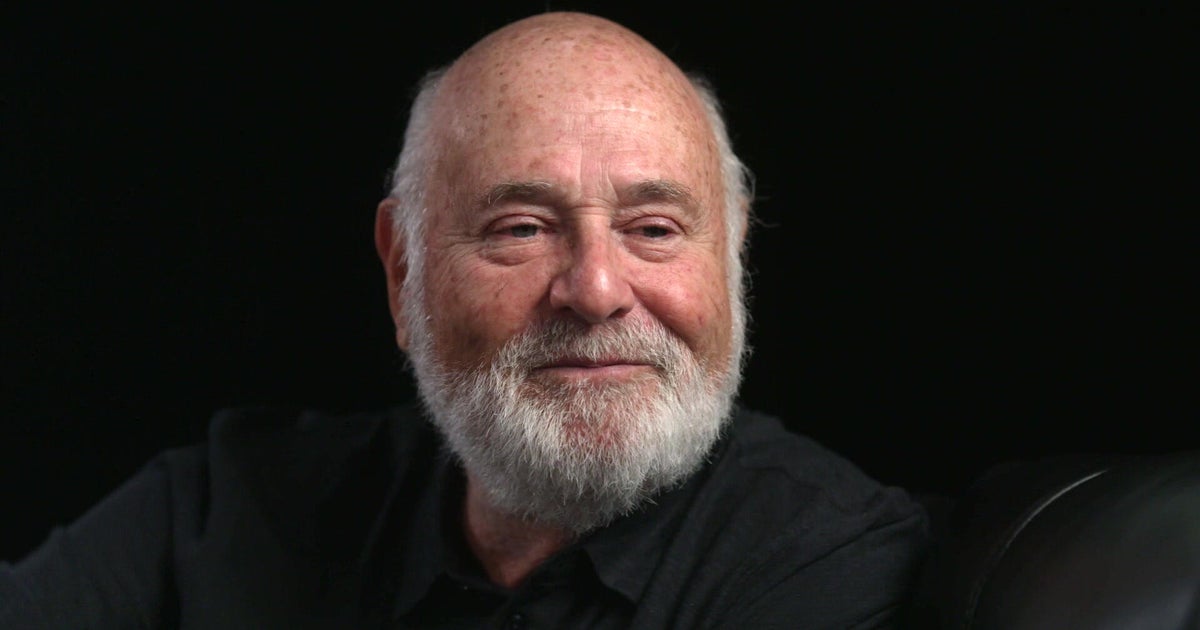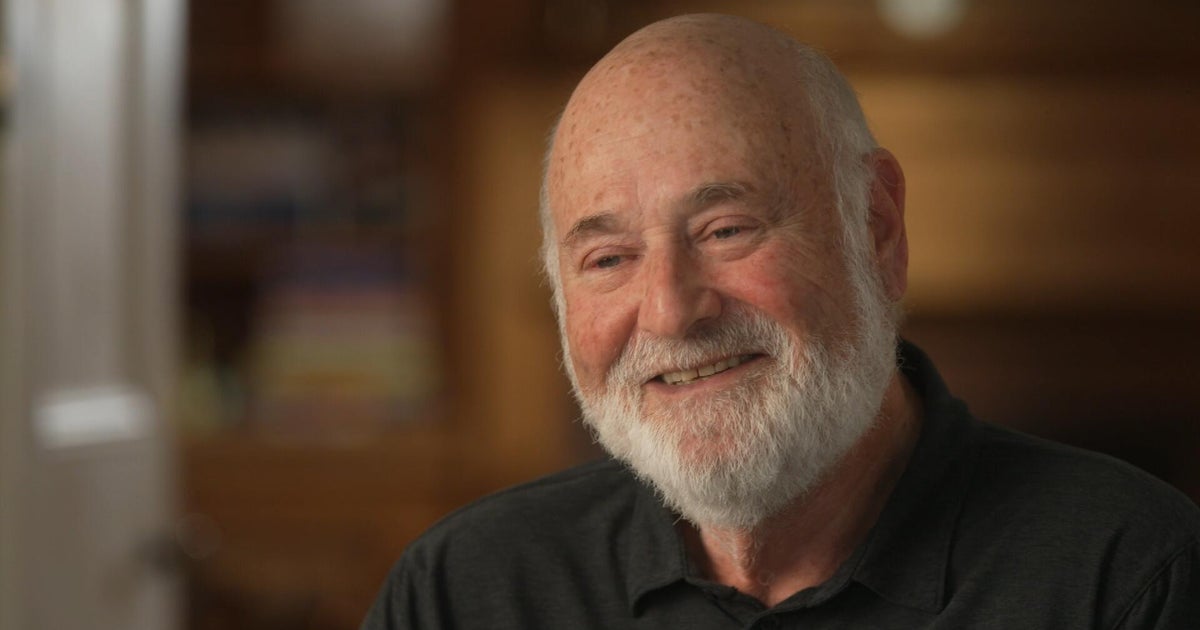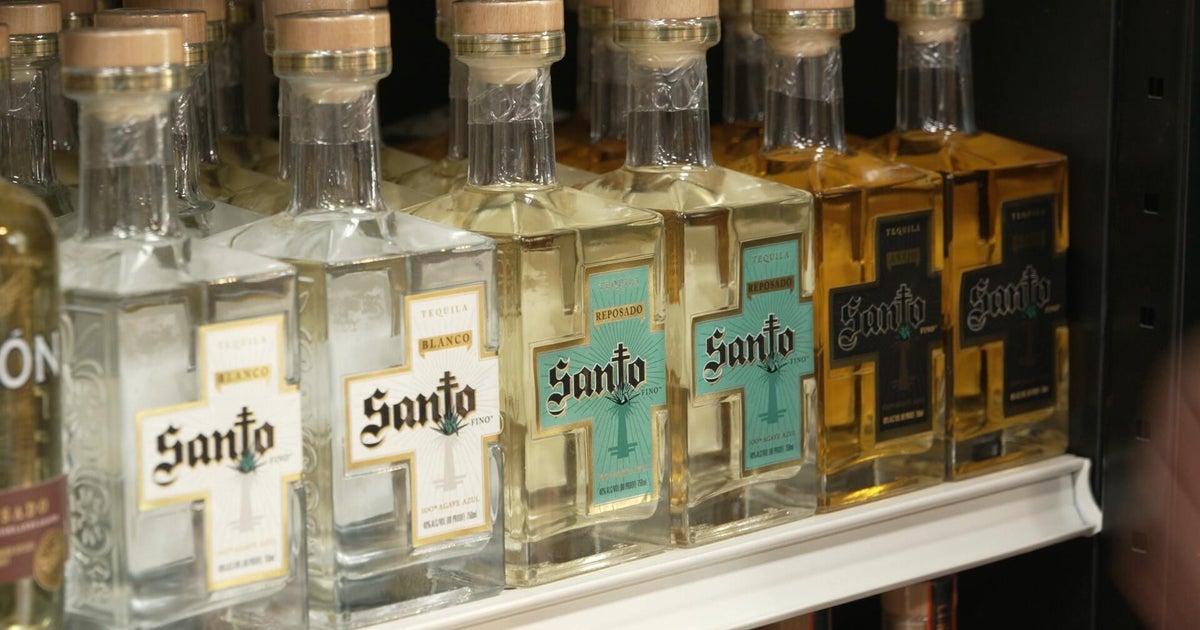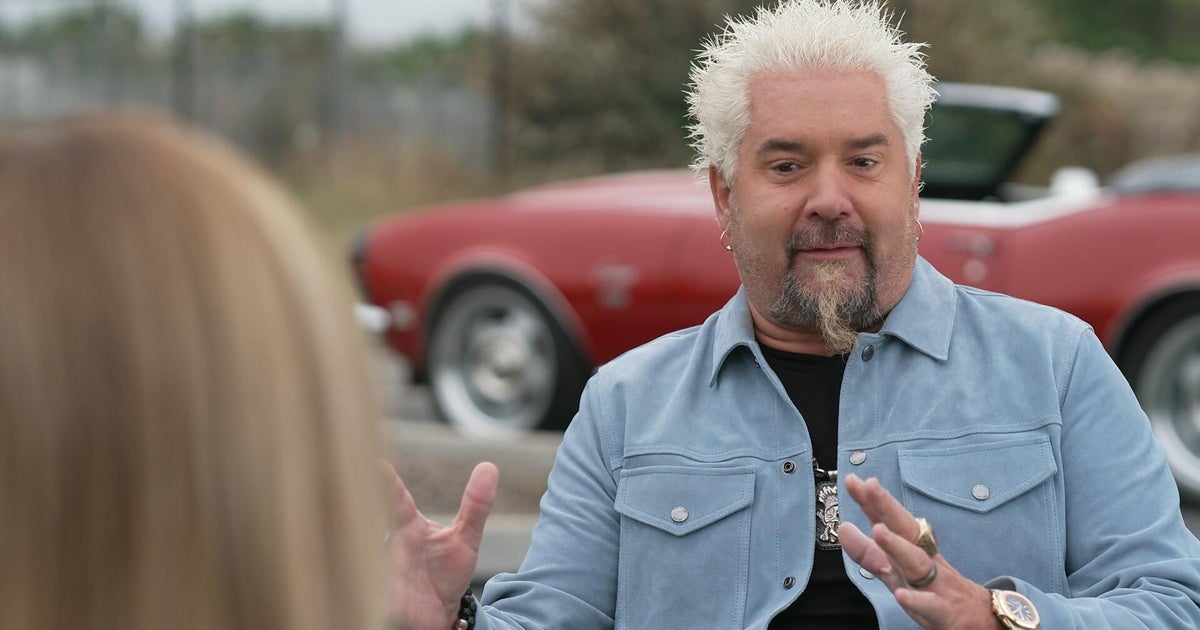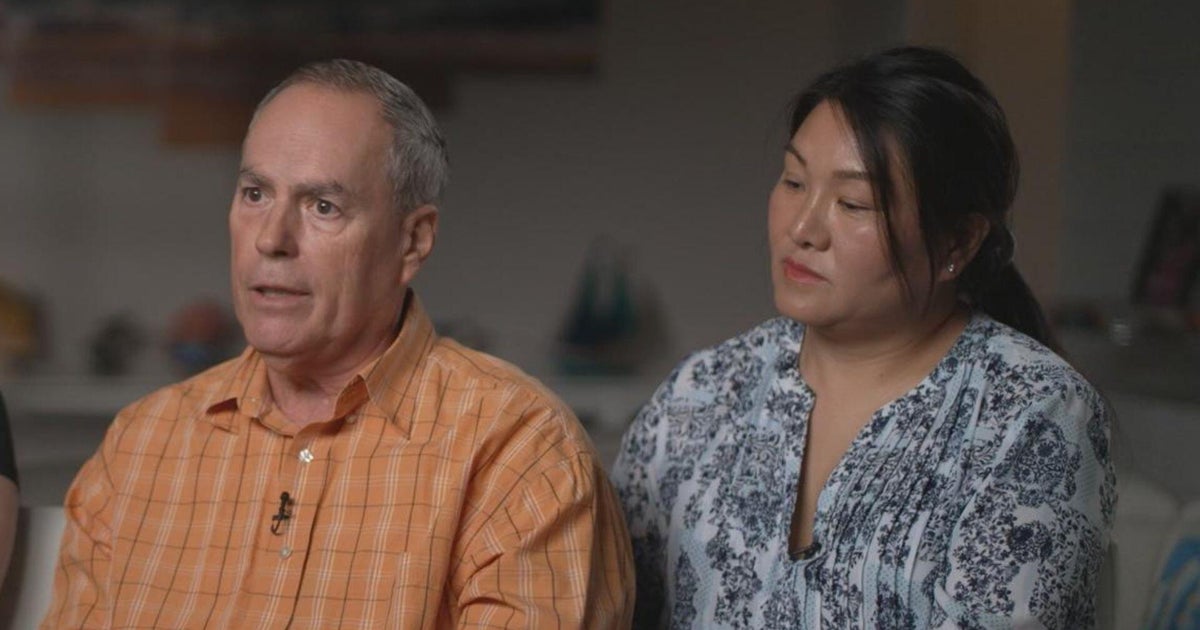Loading
“The oncologist said, ‘you need to make the decision now, this afternoon, before they cut [new participants for the trial] off’,” he says.
“We thought well, it’s better than chemotherapy and radiation by the sounds of it. So we went for it.”
High says he is responding well to Voranigo and hasn’t experienced any negative side effects, which can include liver problems.
“I have a blood test every few weeks to check liver function and make sure everything’s good. So far [the tests] have been perfect.”
But there’s a real possibility this life-changing drug will soon be inaccessible.
Servier Laboratories, the company that manufacturers Voranigo, submitted the drug to the Pharmaceutical Benefits Scheme earlier this year.
In findings published last month, PBAC, the committee responsible for determining drug inclusions, did not recommend Voranigo be included in the scheme.
Despite noting it is one of the few “effective treatments available for patients not in immediate need of chemotherapy/radiotherapy”, PBAC said there was limited clinical evidence to justify the benefits of the proposed price, and suggested current estimates “were overly optimistic”.
A spokesperson for the Department of Health, Disability and Ageing said further details about why Voranigo was not recommended for the PBS would be published at a later date and noted time spent agreeing on “a price that is cost-effective for the taxpayer” can impact evaluation timeframes.

Josh after his brain surgery in April.
“There are opportunities for companies to make resubmissions to the PBAC,” they said.
“The PBAC advised that it would accept a resubmission from Servier through an expedited assessment pathway.”
A month’s supply of Voranigo currently costs High $7.50.
If the drug hasn’t been approved for the PBS when the trial ends in two years, it will jump to $45,000.
Cure Brain Cancer Foundation chief executive Andrew Giles describes Voranigo as one of the first drugs in 25 years to show a positive impact on people with brain cancer, and says he will continue lobbying for its inclusion on the PBS.
“The survival rates for brain cancer haven’t moved for 40 years – they were 23 per cent 40 years ago, they’re the same now because there’s no treatment options.
“That’s why we’re so excited to have this new [drug] … it’s the first good news in a long time.”
He says while the PBAC decision was disappointing, it’s rare for any medication to get onto the PBS the first time, partly because there is always a “haggle on price”, which tends to be dramatically high.
“Over the past five years, [Servier] would have spent upwards of a billion dollars trying to get the drug to [market],” Giles says.
“And after two years the patent runs out, so other companies will be able to develop the same drug as a generic [and sell for cheap].
“So they need to recoup their cost once it gets to market, which is why it is so incredibly expensive.”

Josh before being diagnosed with brain cancer.
Voranigo has been a silver lining for High.
A once fit and capable landscaper, he now battles constant fatigue, headaches, memory lapses and mood swings. He’s anxious about returning to work, his family and the inevitable end of his trial.
“If we weren’t on this trial, we wouldn’t be able to access this medication at all,” High says.
Loading
“It’s scary for both of us because we don’t know what’s going to happen.
“But I know there are others in even tougher positions who haven’t had access to vorasidenib at all.
“I want to be a voice for them to and to remind anyone living with this that they’re not alone.”

